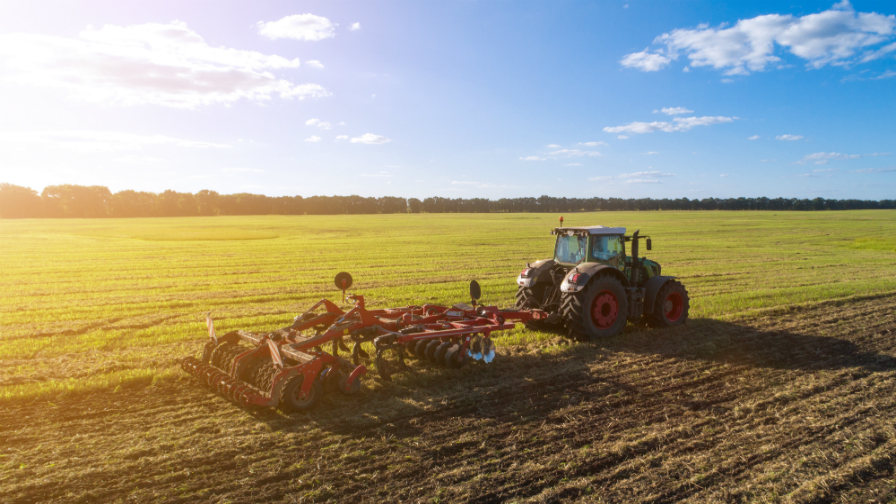
Path to 2060: UVA Darden Report Explores Low-Carbon Technologies to Sustainably Feed the World
By Rebecca Duff
A new report from the University of Virginia Darden School of Business explores best practices and new technologies that hold promise for decarbonizing global agriculture.
The analysis, developed by Professor Mike Lenox and Senior Researcher Becky Duff of Darden’s Batten Institute for Entrepreneurship and Innovation, comes on the heels of the United Nations Intergovernmental Panel of Climate Change’s landmark report imploring societies around the world to transform how they use land and grow food. Lenox and Duff suggest the kind of transformation recommended by the UN will likely be slow, requiring a combination of best practices, changes in consumer preferences, and the emergence and adoption of new technologies.
Agriculture, forestry and other land use accounts for 24% of global greenhouse gas (GHG) emissions, with agriculture representing the majority, according to U.S. Environmental Protection Agency emissions data. Unlike transportation and other industries, the biggest culprit in agriculture isn’t carbon dioxide. Methane and nitrous oxide, emitted primarily from livestock farming and nitrogen-fertilized soils, represent more than two-thirds of agriculture GHG emissions. Although these gases represent only 22 percent of GHG emissions worldwide, they are significantly more potent than carbon dioxide in terms of potential global warming impact, according to the Greenhouse Gas Protocol.
No other industry is more impacted by climate change than agriculture, which further complicates matters. Significant shifts in temperature, weather patterns, water accessibility and pest populations put stress on agriculture production, which already faces challenges in feeding the global population. The United Nations predicts there will be 9.8 billion people by 2050. According to Lenox and Duff, sustainably feeding the world’s population in the decades to come will require dramatically different thinking about the way we grow, distribute and consume food.
The report offers good news, however. Innovative digital solutions are being introduced into agriculture operations, generating the data needed to more precisely manage inputs and reduce the carbon footprint of food production, all while increasing yields. From drones to vertical indoor farms to laboratory-grown meats, companies are investing in the future of farming. Consumer demand for transparency into supply chains and sustainably grown foods is also a key driver. Yet to decarbonize fully by 2060, the authors note that capturing more carbon in soils and forests will be critical.
The report is the fourth and final in Darden’s “Path to 2060” series, which is part of Darden’s Business Innovation and Climate Initiative, a multiyear research initiative of the Batten Institute.
Download the entire report and listen to the accompanying podcast on the Business Innovation and Climate Change Initiative webpage. Previous reports in the “Path to 2060” series have addressed automobiles, electricity generation and industrials, and are available on the initiative’s research page.
The University of Virginia Darden School of Business prepares responsible global leaders through unparalleled transformational learning experiences. Darden’s graduate degree programs (MBA, MSBA and Ph.D.) and Executive Education & Lifelong Learning programs offered by the Darden School Foundation set the stage for a lifetime of career advancement and impact. Darden’s top-ranked faculty, renowned for teaching excellence, inspires and shapes modern business leadership worldwide through research, thought leadership and business publishing. Darden has Grounds in Charlottesville, Virginia, and the Washington, D.C., area and a global community that includes 18,000 alumni in 90 countries. Darden was established in 1955 at the University of Virginia, a top public university founded by Thomas Jefferson in 1819 in Charlottesville, Virginia.
Press Contact
Molly Mitchell
Associate Director of Content Marketing and Social Media
Darden School of Business
University of Virginia
MitchellM@darden.virginia.edu







